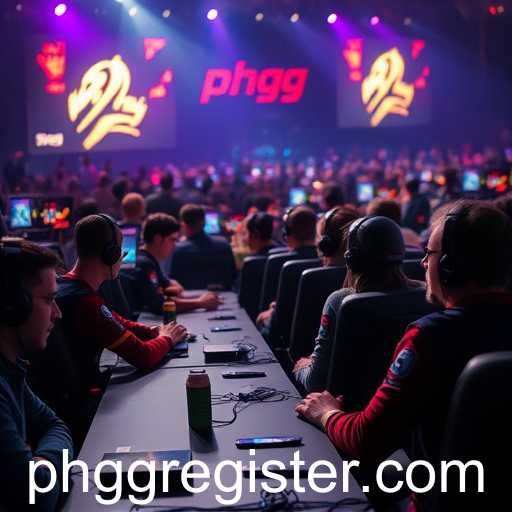Exploring the impact and influence of 'phgg' on gaming dynamics in 2025.
As we delve into the year 2025, the gaming world continues to evolve and adapt, with new trends and platforms shaping the ways players engage and connect. One particular trend that has caught the attention of gamers and industry analysts alike is the rise of 'phgg', a term that has emerged as a staple in modern gaming vernacular.
With digital platforms rapidly expanding, 'phgg' has become synonymous with innovation and community building. It stands for personalized gaming experiences and has been pivotal in increasing user engagement on gaming websites. This evolution highlights the importance of adaptability in an industry known for its fast-paced nature.
From indie developers to major gaming corporations, 'phgg' has influenced how games are designed and marketed. Developers are increasingly focusing on creating content that resonates with players on a personal level, leading to higher satisfaction and longer engagement periods. This trend has been bolstered by the rise of AI and machine learning, which provide real-time data that helps in tailoring experiences to individual preferences.
Moreover, 'phgg' has encouraged a cultural shift in online gaming communities. Gone are the days when gaming was considered a solitary activity. Today, it is all about collaboration and interaction within vast networks of players. Gaming forums and social media platforms have become hubs for exchanging tips and fostering friendships, all under the influence of the 'phgg' phenomenon.
In terms of industry dynamics, the impact of 'phgg' is profound. Game developers are rethinking their monetization strategies, incorporating microtransactions and battle passes that cater to personalized gaming experiences without alienating their user base. These strategies have not only enhanced user satisfaction but have also proven to be financially rewarding for companies embracing the trend.
Despite the overwhelmingly positive impact, challenges remain. Privacy concerns and the potential for excessive data collection are ongoing debates in the realm of personalized gaming. As the industry continues to explore these new frontiers, striking a balance between innovation and ethics will be crucial for long-term sustainability.
In conclusion, 'phgg' represents not just a keyword, but a significant shift in the gaming landscape. It embodies the potential of technology to transform how games are experienced and enjoyed, ushering in an era where personalization and community are at the forefront of gaming culture as we know it.




